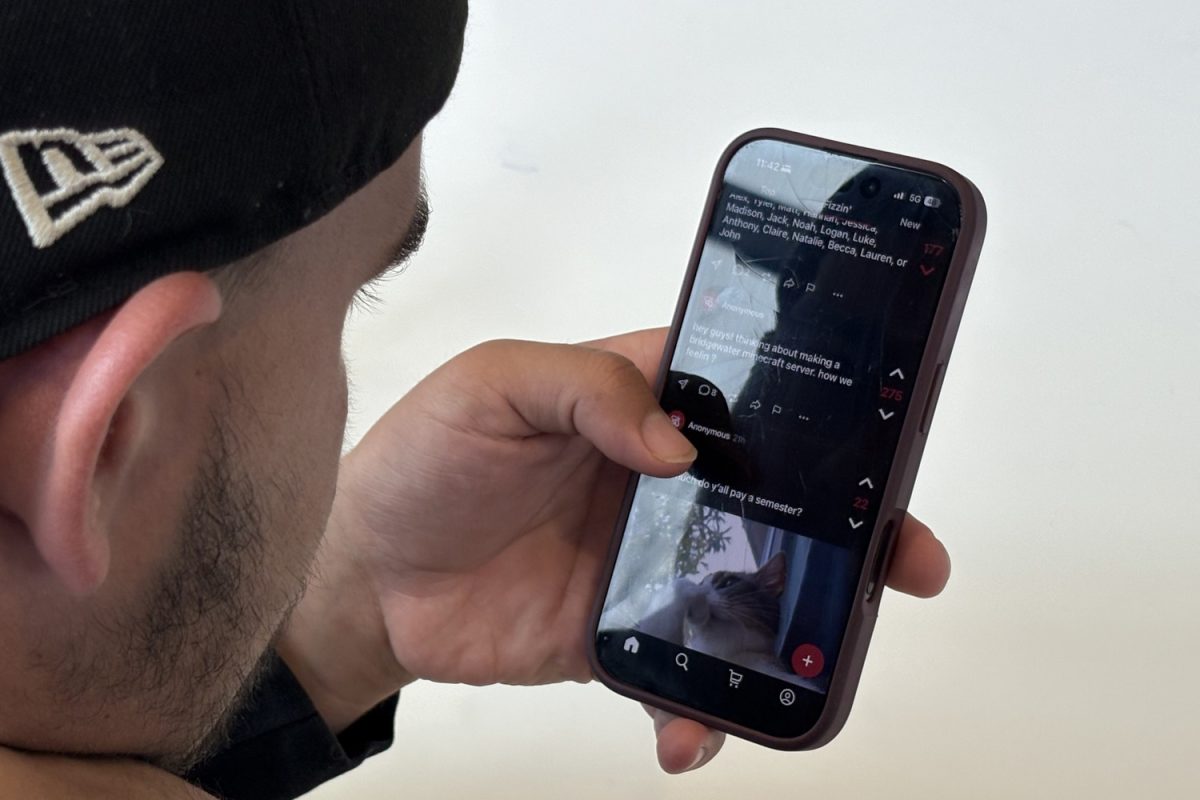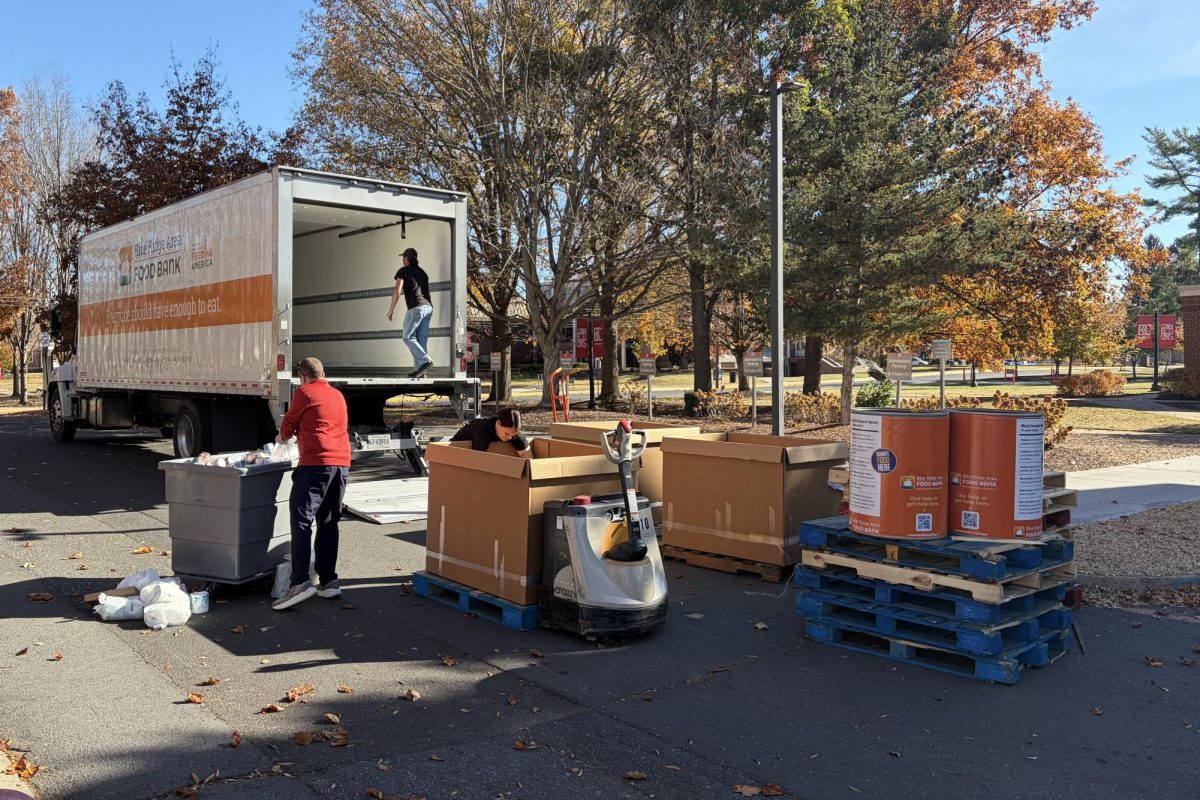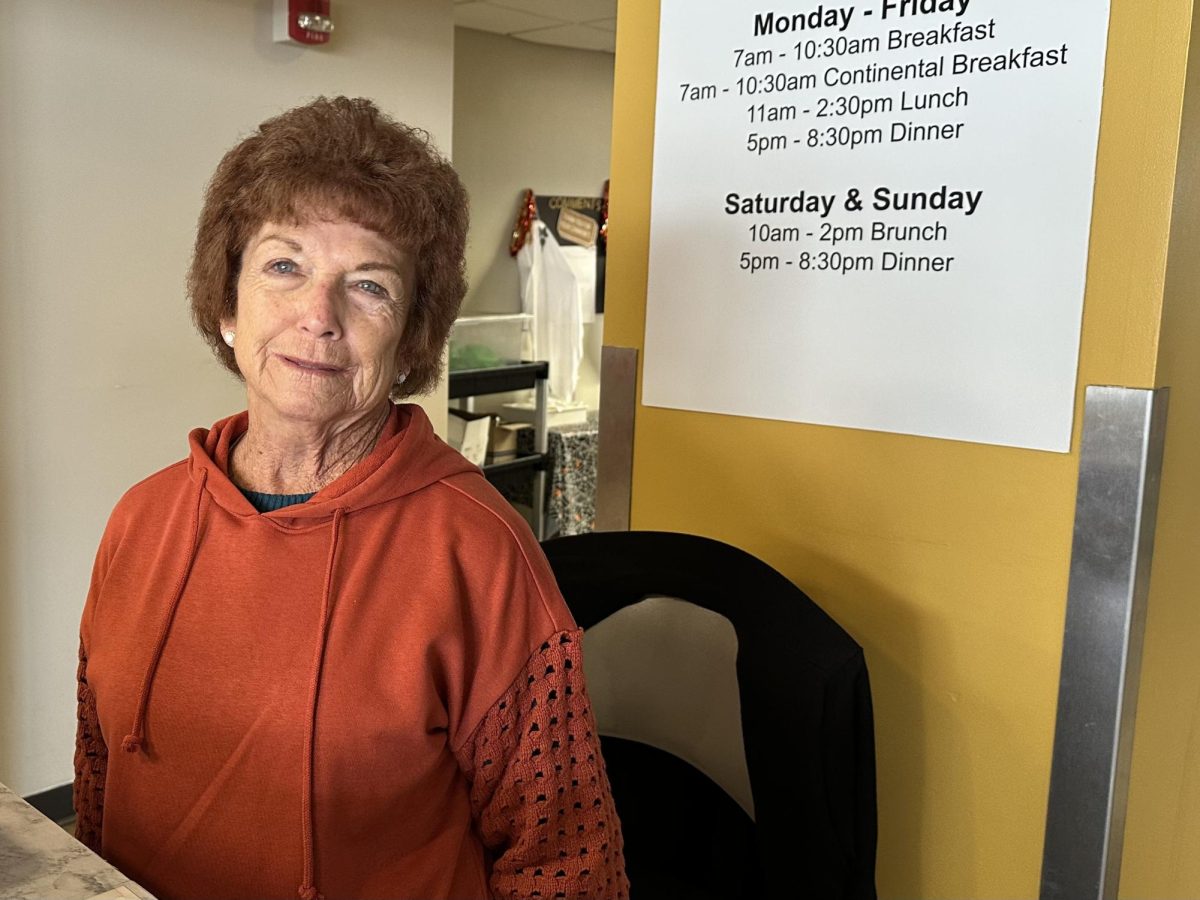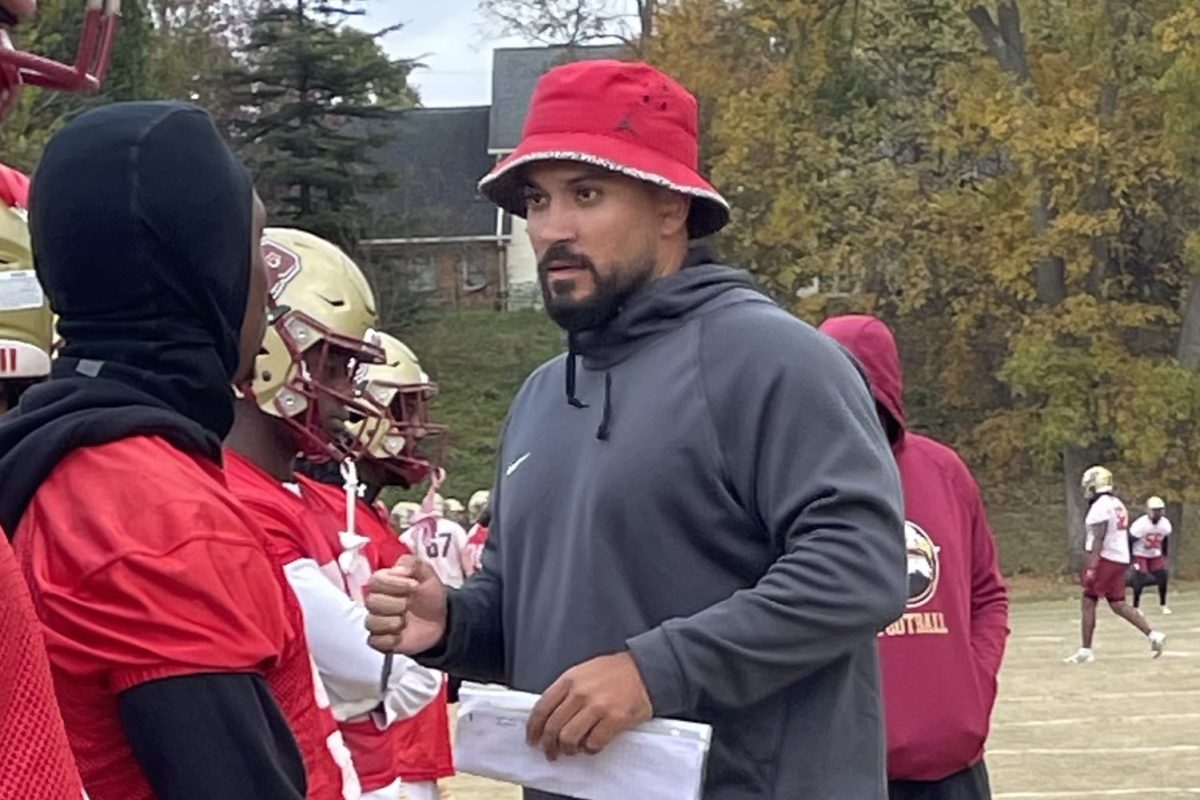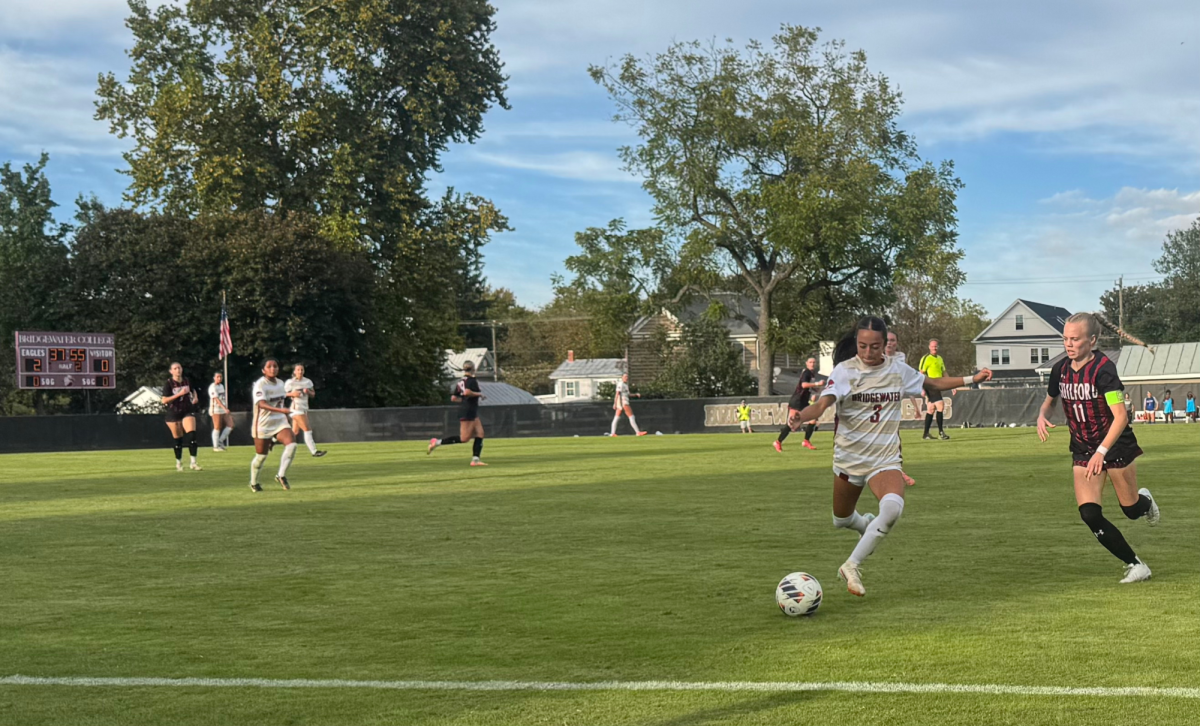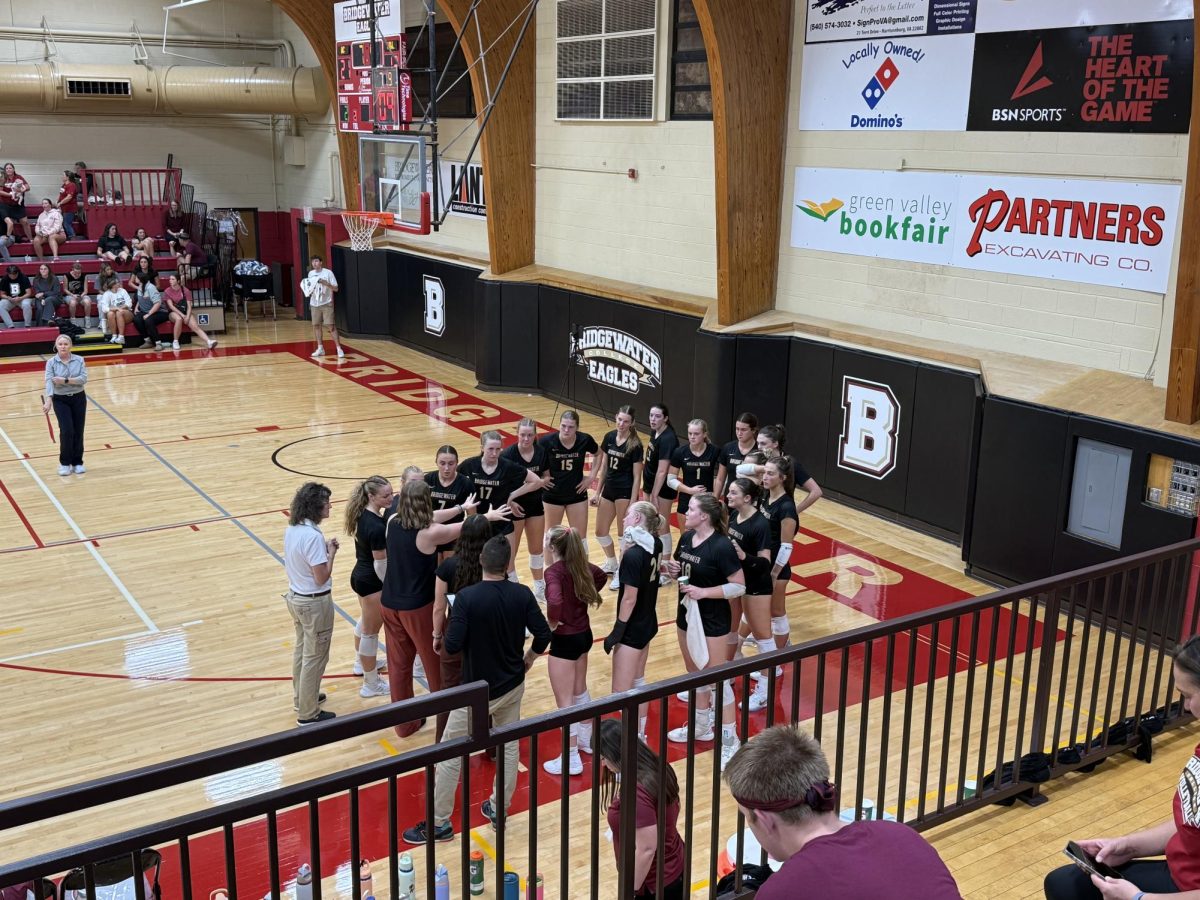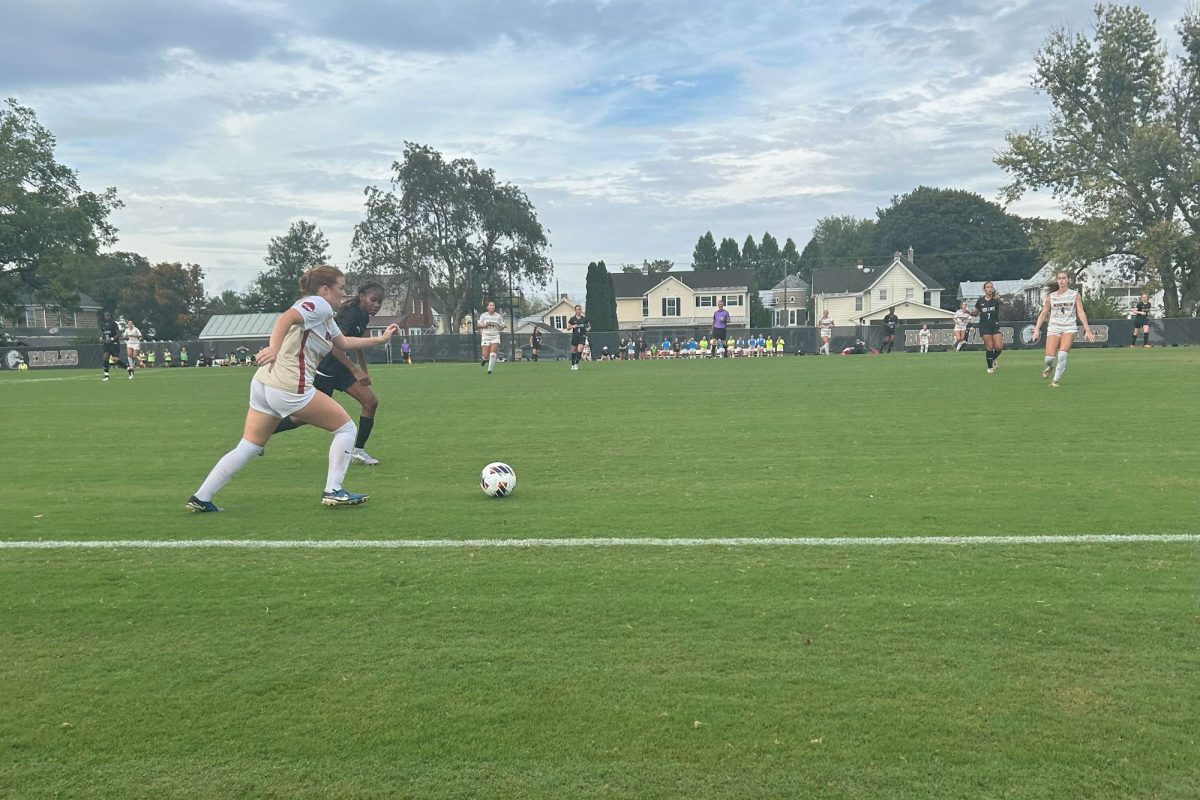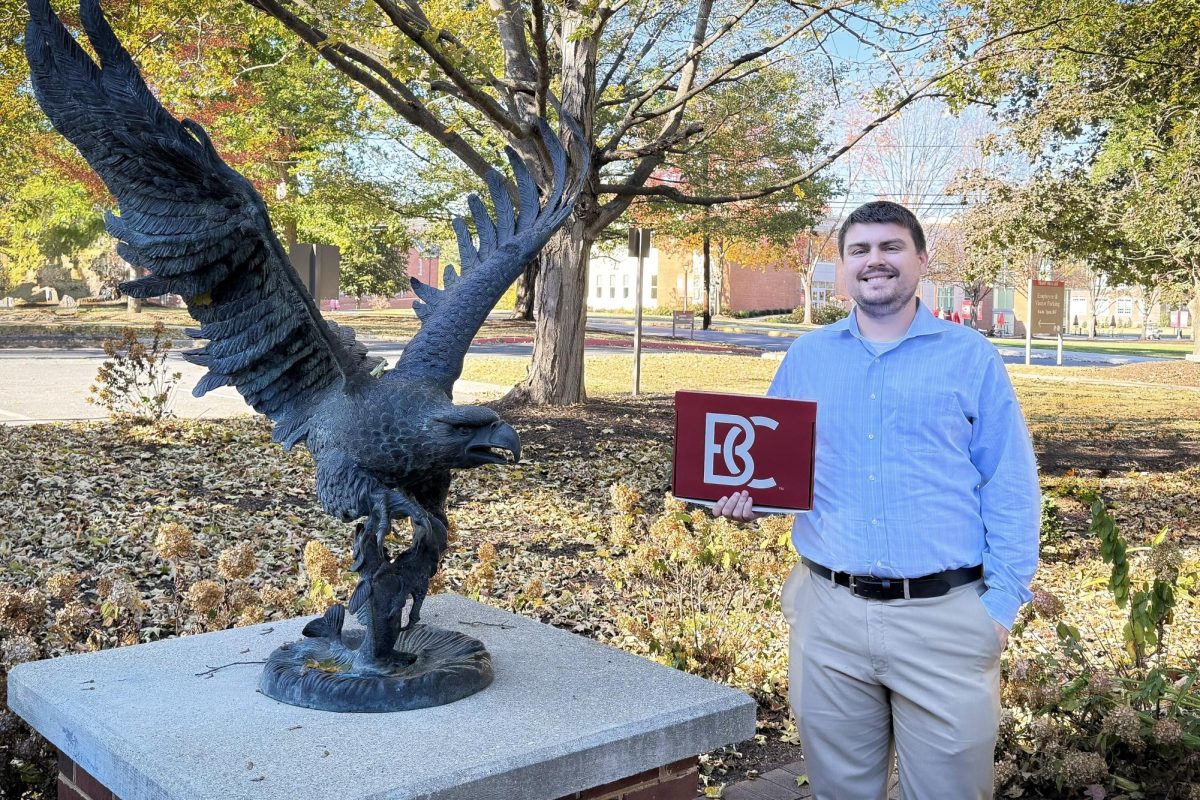BRIDGEWATER, Va.- Studies have shown that collaborative and experiential learning in education benefits nonprofit management careers.
Nonprofit management professionals emphasized that these careers require skills in teamwork and hands-on application. Given this, Bridgewater College’s new nonprofit management graduate program plans to integrate collaborative and experiential learning into its curriculum.
Nonprofit Management Education Programs
According to George Washington University professor Michael J. Worth, nonprofit management education is a relatively new field of study, introduced in the 1970s. Since then, nonprofit management curricula have been formalized at many colleges and universities in response to the growing field in the 21st century.
According to College Factual, 85 colleges and universities in the United States offer degrees in nonprofit management or a related field. These schools award around 2,700 degrees annually.
For Bridgewater College, outcomes and interest were the driving factors for the new program launch, said Jeff Pierson, Dean of Graduate and Special programs at Bridgewater College. It is important to pick a program that will yield jobs and have a consistent growth rate.
Collaborative Learning
According to a 2021 study by George Mason University professors Samuel L. Frye and Graziella Pagliarulo McCarron, collaborative learning is a key technique for career success in nonprofit management. Collaborative learning addresses key skills in the nonprofit sector, such as communication and cooperation, to effectively solve problems and run a nonprofit.
“One of the things we’re looking to do is to create those cooperative relationships with folks in the community and beyond,” Dr. Daniel Finseth said. Because our cohort would not just be local, it’s online, so it could be anywhere in the country.”
According to the 2024 NFP Industry Report, there are around 1.8 million nonprofit organizations and 12.5 million nonprofit workers in the United States.
According to a 2005 article by scholars Kathryn Jervis and Pamela Sherer, collaboration and experiential learning are key in nonprofit management education as complexities of the work world and the nonprofit sector change.
Experiential Learning
According to a study by scholars Scott A. Wurdinger and Julie A. Carlson in 2018, “some of the most effective approaches of this type of learning include problem-based, project-based, and service learning, all of which push students to observe, reflect, and act.”
Volunteering is one way students can gain firsthand experience and knowledge about how a nonprofit functions.
“Volunteer, volunteer, volunteer! Truly, I think that is right. I mean…why are you interested in nonprofit management? What does that mean to you?” Penny Imeson, Executive Director of Rocktown History in Dayton, VA, said.
Volunteering at various nonprofits allows students to understand how nonprofits can be run well and how stability can be maintained in nonprofit management.
Visit these sources for more information about the benefits of collaborative and experiential learning and the impact of nonprofit management education on careers.

